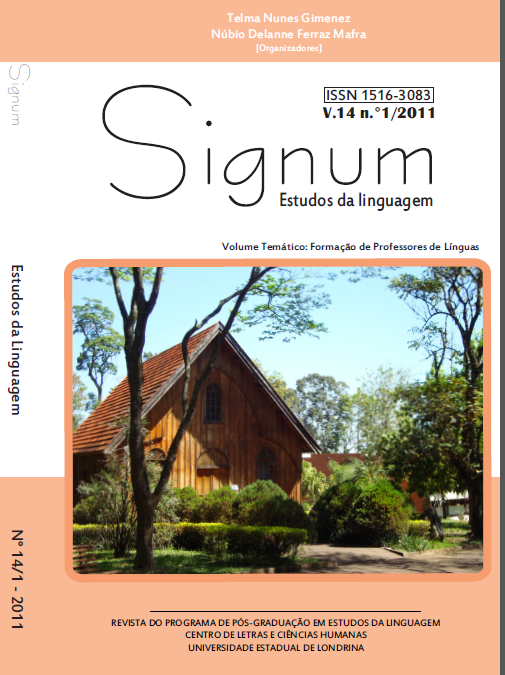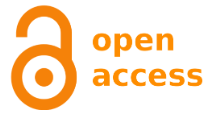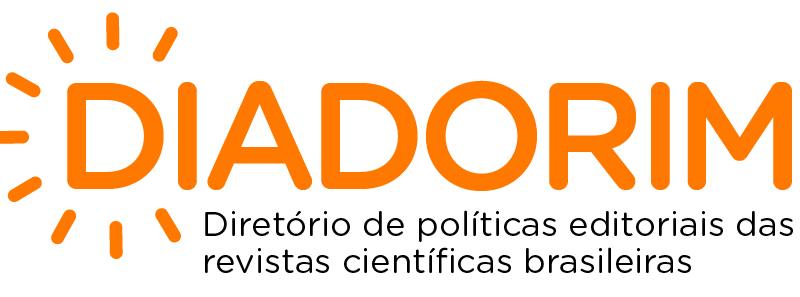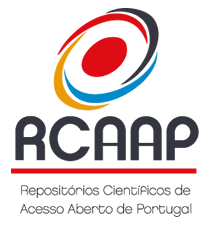Who can learn and where is english taught? the challenges of teaching the communicative competence in teacher education
DOI:
https://doi.org/10.5433/2237-4876.2011v14n1p345Keywords:
English communicative competence, Identity, Teacher educationAbstract
Teaching and learning English as a foreign language (FL) in the course of Letters has been a major challenge across the country. It is known that students come to college without the basic level of competence expected for the education process to be conducted with emphasis on linguistic and pedagogical issues. This article aims at examining this situation critically, based on data from research with both public school teachers of English and Letters undergraduates. Considering that access to foreign language education is a right and that the teaching of English in public schools, based on several studies in the area, is inadequate to ensure that students leave high school with a satisfactory level of competence, the discussion in this paper shows that the English language classroom places learners in a paradoxical condition. They need to participate in practices that promote interaction in order to learn English, but to engage in such practices they are required to have, a priori, a good command of that language. The data, therefore, show the English classroom as a space for identity production, based on unequal power relations.Downloads
Download data is not yet available.
Downloads
Published
2011-06-15
How to Cite
MASTRELLA-DE-ANDRADE, Mariana Rosa. Who can learn and where is english taught? the challenges of teaching the communicative competence in teacher education. Signum: Estudos da Linguagem, [S. l.], v. 14, n. 1, p. 345–362, 2011. DOI: 10.5433/2237-4876.2011v14n1p345. Disponível em: https://ojs.uel.br/revistas/uel/index.php/signum/article/view/8522. Acesso em: 6 feb. 2026.
Issue
Section
Article
License
Copyright (c) 2025 Mariana Rosa Mastrella-de-Andrade

This work is licensed under a Creative Commons Attribution-NonCommercial-NoDerivatives 4.0 International License.
This journal reserves the right to make, in the originals, normative, orthographic and grammatical modifications in order to maintain the standard language and the credibility of the publication. It will respect, however, the authors' style of writing. Modifications, corrections and suggestions of conceptual order will be forwarded to the authors, if necessary. In these cases, the papers, once appropriate, should be submitted to a new appreciation. The final examinations will not be forwarded to the authors. Works published become property of Signum, being its total or partial reprint subject to an explicit authorization of the journal. In all subsequent quotes the original source of publication should be mentioned, in case, in Photographic Discourse. Opinions emitted by the authors are their exclusive responsibility.
















